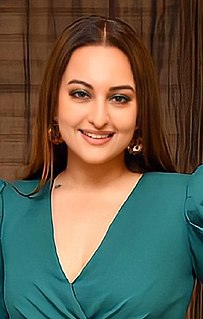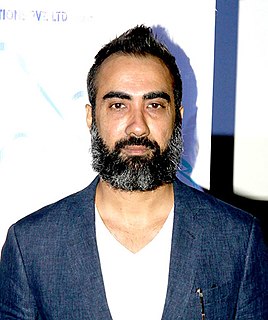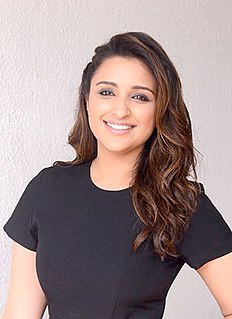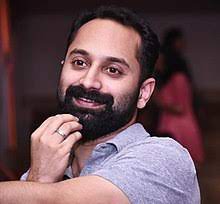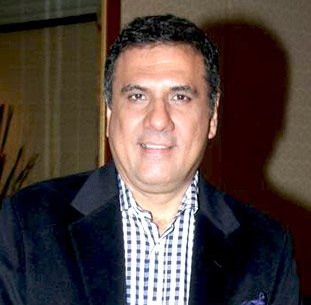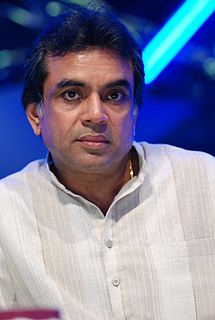A Quote by Sameera Reddy
I understand that there are two kinds of films, there is the kind of cinema which allows you the opportunity to be an actor and then there are the masala entertainers. I have done both.
Quote Topics
Related Quotes
So far, yes, I have been doing only commercial films because those are the kind of films that came my way. Those are the kind of films that I liked, but definitely I'm open to doing other kinds of cinema as well, and if something comes along - if I like a character - then I would definitely do something off-beat or edgy.
I guess, in a sense, 'Audition' was a film that gave me an opportunity that I hadn't had up until that point. So that's definitely one that is important to me. Then there's 'Visitor Q' that kind of taught me that there are some kinds of films that can only be made as low-budget films that really wouldn't work as anything else.
Shyam Benegal has found a lovely voice in this film. We've all seen the kind of cinema he's come up with over the years. His films like 'Mandi,' 'Manthan,' 'Sooraj Ka Saatvan Ghoda' all have revolutionised the face of Indian cinema. And in 'Well Done Abba,' he has once again found a relevant subject, which even youngsters can relate with.
In cinema we have all kinds of ways of communicating: cinematography, lighting, character performance. If you pay attention to silent era movie actors, they are big about postures and really exaggerated expressions so you can understand how they feel. We use all kinds of techniques from cinema to help communicate emotion.





